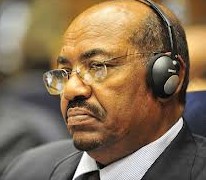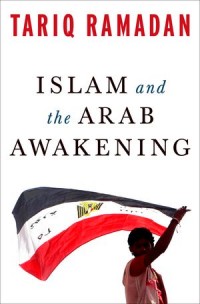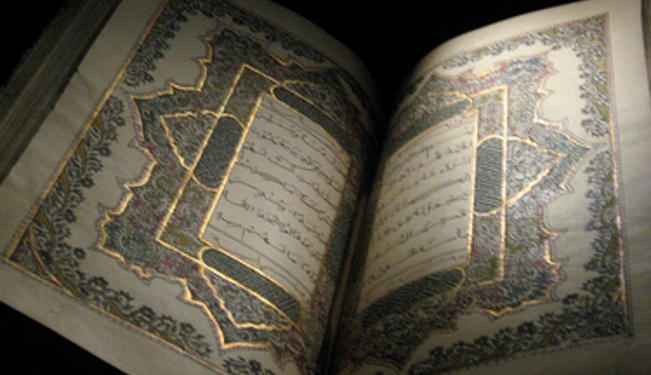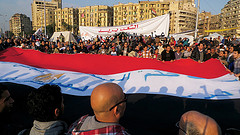
Politics and Islam: A religious movement in Sudan has become critical of Bashir and the ruling party
Last weekend, I discussed on Radio France International the meeting in Khartoum (Sudan) of thousands of politico-religious militants with strong links to the government: the general conference of the Islamist movement known as Al-Harakat Al-Islamiyyah is the most important political rally in the country of the last 10-15 years. Reformers among them believe Sudan’s military-Islamist regime has drifted from its revolutionary roots. Some are even calling on President Omar al-Bashir to leave office.

Islam and the Arab Awakening: Five things we should know about the Libyan and Egyptian demonstrations
We must start first by condemning the violence and killing of diplomats and civilian people. Whatever we may feel, however we may be hurt by the video, it cannot justify in any way the killing of people. Such actions are simply anti-Islamic and against Muslim values. The demonstrations were in fact first organised by a tiny group of Salafi literalists who were attempting to direct popular emotions against the United States and the West in order to gain for themselves a central religious and political role.

Unraveling theological concepts and political categories through the Prophetic tradition
Recently, I wrote an article in Fair Observer, ‘Through the Eyes of Yusuf,’ where I offered an alternative lens to view and understand the meaning of ‘Muslim’ as a religious category, through an exegesis of the story of Yusuf (Joseph) in the Qur’an. In the piece I briefly touched on the political implications of the Prophetic tradition within Islamic theology. But I want to elaborate more here. As much as the term ‘Muslim’ exists as a socio-political category, it is simultaneously a theological concept that signifies wholehearted submission or acceptance, through faith and through actions, to the One God. The terms ‘Islam’ (submission to the One God) and ‘Muslims’ (those who wilfully submit to the One God) are scattered throughout the …

An absent-minded Islamic Revolution? The rise of the Islamists after the Arab Spring
The Arab world shocked us twice in recent months, once with the eruption of the revolutionary spring, and again with the sweeping to power of Islamist parties. The revolutions have radically shifted the political map of the region and transformed the world’s perception of its politics, and even transformed the world. But the equally unanticipated, and very decisive, ascendancy of the Islamists, from Morocco to Kuwait, has confused many observers. Already some are repeating the old adage, voiced most provocatively by Elie Kedourie in 1992, that the Arabs do not comprehend, let alone desire or deserve democracy. It is interesting that Kedourie was responding to the results of an opinion poll which showed that the majority of Egyptians supported democracy, …









